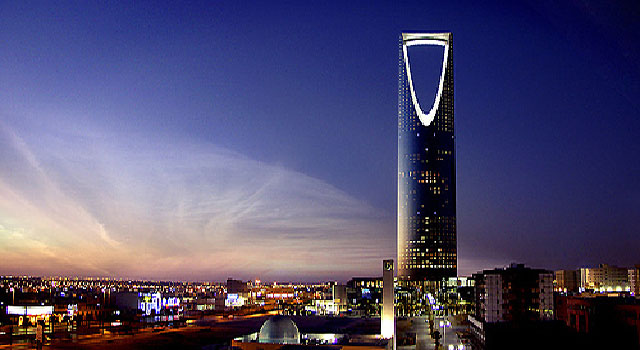Riyadh, Asharq Al-Awsat—Gulf states are looking to small and medium enterprises (SMEs) in order to diversify their economies and sources of income, which for years have largely relied on oil revenues and government subsidies.
Experts told Asharq Al-Awsat that SMEs will take the lion’s share in future economic plans in the Gulf in general, and in Saudi Arabia in particular, over the next 10 years.
Economic analyst Walid Taha said there was great interest from Gulf states, especially Saudi Arabia, in sponsoring and developing the work of SMEs, expecting them to be the main supporter of regional economies during the coming years.
Taha added that current economic policies have led to the launching dozens of funds and institutions to provide incentives to encourage young entrepreneurs, as well as established businesspeople, to build a foundation for the expansion of SMEs in Saudi Arabia.
Taha said: “The experience of family-owned businesses in the Gulf states was among the most prominent features of the developing economic sector, whether they were owned by groups or internal or external economic sectors, private or public.”
Taha added that SMEs needed a modern management strategy which promoted professional management in order to turn them into institutional enterprises which are subject to modern work procedures in accordance with the principles of modern management.
He emphasized the necessity of implementing corporate governance standards imposed by global financial markets on corporations to observe transparency and other governance conditions, in order to confront future challenges and allow SMEs to develop continuity of management and allow them to keep pace with economic and social development.
Speaking to Asharq Al-Awsat, Economic expert Abdelhalim Muhaisin stressed the importance of the sector for Gulf states. SMEs, he said, contribute to development and create employment opportunities, helping fight unemployment and aiding diversified growth in Gulf economies. “Therefore, the question of its [SMEs] support and development through modern management methods or underwriting and [taking them public] . . . or integrating them into stable companies, is a question of great importance.”
Muhaisin said there were serious challenges faced by Gulf SMEs and urgent solutions must be found to give them their own tailor-made regulation.
He added: “If there were calls for the necessity of diversifying Gulf economies, and to end dependence on the revenue of oil and its derivatives and petrochemical industries and other large industries, the calls are also needed for the integration of the sector into the Gulf economy under scientific and practical modern structures, through a mechanism in which economic decision-making bodies and trade and industry chambers, as well as experts and analysts, participate.”
Meanwhile, Ernst & Young, a London-based multinational professional services company, has announced the launch of a business leaders’ program for 2014 in Saudi Arabia, focusing on SMEs in accordance with the Kingdom’s economic policy.
The program will honor owners of enterprises and successful businesses which are perceived as capable of developing into world-ranked firms. The event has been held for 27 years around the world, in 140 cities in 50 countries.
The prize is awarded this year to an entrepreneur who has been in business for more than two years. The winner will represent Saudi Arabia in the international entrepreneurs’ competition which will be held in Monte Carlo in June 2014.
The winner will receive the attention of government and private sector parties.
It was a host of private sector entities which led to the adoption of the idea and led them to become sponsors of the award in 2014. Among these are the Human Resources Development Fund, the Trade and Industry Chamber in Jeddah, and Saudi–French Capital, as well as Hemma Company.

